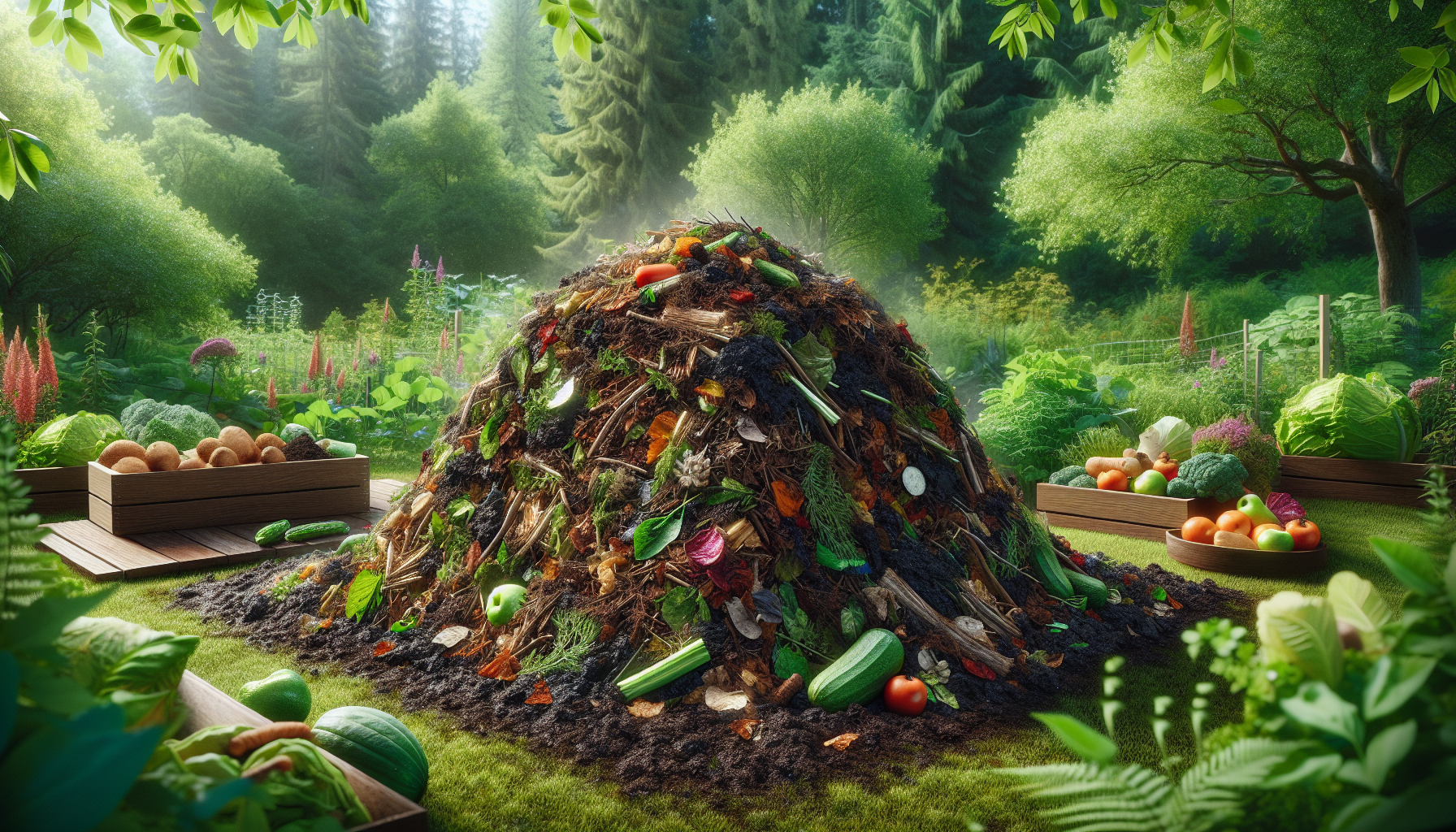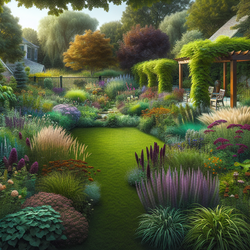
Learn the fundamentals of composting and how it can transform your Midwest garden.
Composting is a crucial element in sustainable gardening, turning organic waste into a rich amendment for your garden's soil. This article will delve into the science behind composting and its benefits.
Understanding the Composting Process
The composting process involves the decomposition of organic material by microorganisms, which convert waste into nutrient-dense humus.Setting Up Your Compost Pile: A successful compost pile requires a balance of carbon-rich 'browns' and nitrogen-rich 'greens.' Adequate moisture, aeration, and occasional turning contribute to efficient composting.
Benefits for Your Garden: Applying compost improves soil fertility, structure, and moisture retention, promoting healthier plant growth in the Midwest climate.
Overall, composting is a rewarding practice that boosts your garden's health while reducing waste. By mastering the art of composting, you will enhance the sustainability of your Midwest garden.






